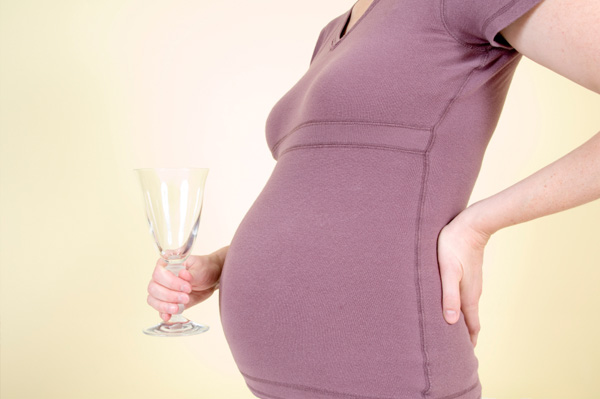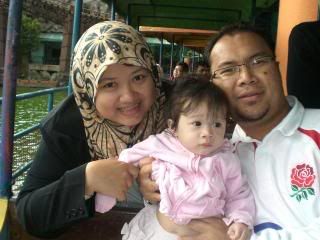.
What if I get this new virus and I am pregnant?
We don’t know if this virus will cause pregnant women to have a greater chance of getting sick or have serious problems. We also do not know how this virus will affect the baby.
We do know that pregnant women are more likely to get sick than others and have more serious problems with seasonal flu. These problems may include early labor or severe pneumonia. We don’t know if this virus will do the same, but it should be taken very seriously.
What can I do to protect myself, my baby and my family?
Take these everyday steps to help prevent the spread of germs and protect your health:
- Cover your nose and mouth with a tissue when you cough or sneeze, or sneeze into your sleeve. Throw the tissue in the trash after you use it.
- Wash your hands often with soap and warm water, especially after you cough or sneeze. Alcohol-based gel hand cleaners are also good to use.
- Avoid touching your eyes, nose or mouth. Germs spread this way.
- Try to avoid close contact with sick people. (If you are pregnant and you live or have close contact with someone who has influenza A(H1N1), talk to your doctor about medicines to prevent flu.)
- Have a plan to care for sick family members.
Washing your hands often will help protect you from germs
- Use warm water.
- Wash for 15 to 20 seconds.
- Don’t add water.
- Rub the gel on your hands until dry.
What are the symptoms of H1N1?
Symptoms are like seasonal flu and include the following:
- Fever
- Cough
- Sore throat
- Body aches
- Headaches
- Chills and fatigue
- Sometimes, diarrhea and vomiting
What should I do if I get sick?
- If there is H1N1 flu in your community pay extra attention to your body and how you are feeling.
- If you get sick with flu-like symptoms, stay home, limit contact with others, and call your doctor. Your doctor will decide if testing or treatment is needed. Tests may include a nasal swab which is best to do within the first 4-5 days of getting sick. Like regular flu, H1N1 flu may make other medical problems worse.
- If you are alone at any time, have someone check in with you often if you are feeling ill. This is always a good idea.
- If you have close contact with someone who has H1N1 flu or is being treated for exposure to H1N1 flu, contact your doctor to discuss whether you need treatment to reduce your chances of getting the flu.
How is H1N1 flu treated?
- Treat any fever right away.
- Drink plenty of fluids to replace those you lose when you are sick.
- Your doctor will decide if you need antiviral drugs such as Tamiflu® (oseltamivir) or Relenza® (zanamivir). Antiviral drugs are prescription pills, liquids or inhalers that fight against the flu by keeping the germs from growing in your body. These medicines can make you feel better faster and make your symptoms milder.
- These medicines work best when started soon after symptoms begin (within two [2] days), but they may also be given to very sick or high risk people (like pregnant women) even after 48 hours. Antiviral treatment is taken for 5 days.
- There is little information about the effect of antiviral drugs in pregnant women or their babies, but no serious side effects have been reported. If you do think you have had a side effect to antiviral drugs, call your doctor right away.
When should I get emergency medical care?
If you have any of these signs, seek emergency medical care right away:
- Difficulty breathing or shortness of breath
- Pain or pressure in the chest or abdomen
- Sudden dizziness
- Confusion
- Severe or persistent vomiting
- Decreased or no movement of your baby
How should I feed my baby?
Flu can be very serious in young babies. Babies who are breastfed do not get as sick and are sick less often from the flu, than do babies who are not breastfed.
Breastfeeding protects babies. Breast milk passes on antibodies from the mother to a baby. Antibodies help fight off infection.
Is it ok to breastfeed my baby if I am sick?
- A mother’s milk is made to fight diseases in her baby. This is really important in young babies when their immune system is still growing.
- Do not stop breastfeeding if you are ill. Breastfeed early and often. Limit formula feeds if you can. This will help protect your baby from infection.
- Be careful not to cough or sneeze in the baby’s face, wash your hands often with soap and water.
- Your doctor might ask you to wear a mask to keep from spreading this new virus to your baby.
- If you are too sick to breastfeed, pump and have someone give the expressed milk to your baby.
Is it OK to take medicine to treat or prevent H1N1 flu while breastfeeding?
Yes. Mothers who are breastfeeding can continue to nurse their babies while being treated for the flu.











0 Scribbles:
Post a Comment